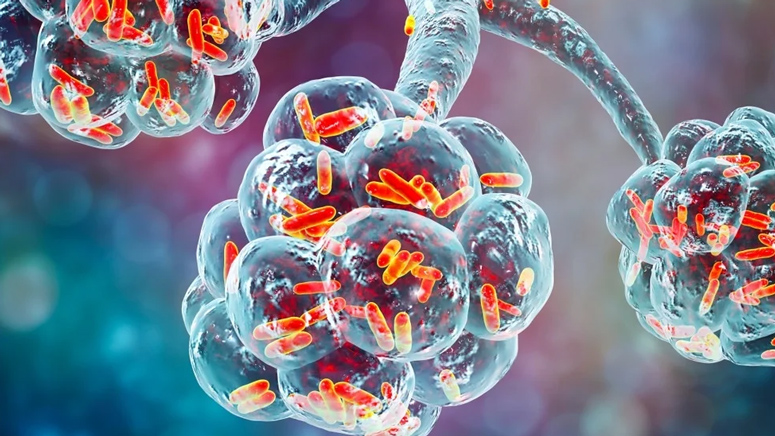According to research, the number of bacteria cells in the body are more than the number of human cells. Bacteria are one of the first forms of life to be found on earth. They play significant roles in maintaining the balance of the ecosystem. We encounter them daily and they help our body carry out metabolic processes, such as nutrient absorption, food digestion, and protection against foreign substances.
Some microscopic single-celled organisms can thrive in unfavourable conditions. Most bacteria are not dangerous and they help carry out different functions in the body. However, some species of bacteria are known as pathogens and cause different medical conditions. Pathogens can also cause different types of infections.
In the old days, infections caused by bacteria used to be fatal. However, in recent years, scientists have discovered antibiotics that can treat the infection. The World Health Organization (WHO) discovered that vaccination prevents more than 2 million deaths per year.
Examples of diseases caused by bacteria include pneumonia, food poisoning, and meningitis. In some cases, certain types of bacteria become immune to the effects of antibiotics. Nevertheless, antibiotics are the most effective method of treating and preventing bacterial infection.
Symptoms of Bacteria Infection

The symptoms of the bacterial disease you experience depend on certain factors, like the type of infection, your age, your medical history, and the sensitivity of the affected area.
Bacteria diseases have certain symptoms like viral or influenza infections. Thus, it is important to visit your doctor for medical attention if you notice any symptoms. The most common symptoms of bacterial infections are:
- Nausea and vomiting [1]
- Weakness
- Rashes, lesions, and abscesses
- Pain like abdominal ear, or joint pain
- Stiff neck









